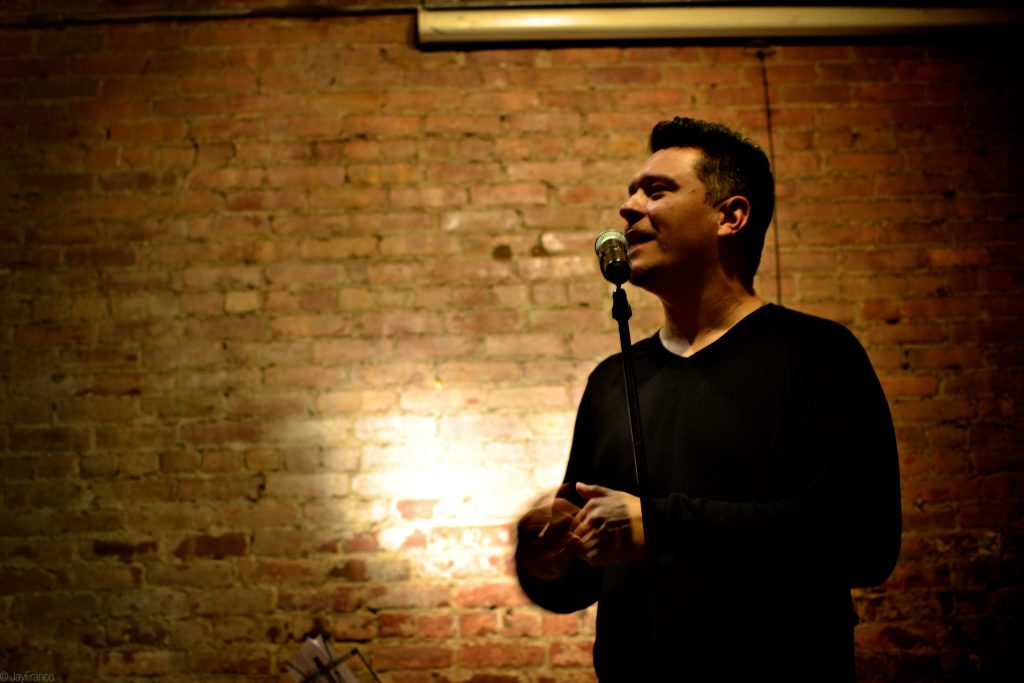On the Hill: I am Alex Nieto Review
By John Ortilla
The “On the Hill: I Am Alex Nieto” premiere presented by Loco Bloco at the Brava Theater Center on Oct. 27 showed a rendition of Alex Nieto’s death and its impact to San Francisco youth neighborhoods.
The play retells City College student Nieto’s story, who was shot 59 times and killed by San Francisco Police at Bernal Hill Park on Mar. 21, 2014. The director and writer Paul S. Flores highlights the effect on SF youth communities through the use of music, dance, and theater.
Not knowing Nieto personally, Flores was invited by Ben Bac Sierra to join the Justice 4 Alex Coalition soon after Nieto’s death.
In the Fall of 2014, Executive Director Annie Jupiter-Jones of Loco Bloco, proposed a theater and activism project to Flores, using Loco Bloco’s “young artivist’s.” The play went into production in the summer of 2015.
“We had no money,” wrote Flores on the play’s program, “We just went into it knowing we had to do this. We had to approach it from a healing perspective for both the young activists, members of Alex’s family, and immediate community who we interviewed to gather these stories.”
Flores said the play is to raise awareness and acknowledge the glaring issues of social injustice communities of color face. “We have to stand together and petition the city to install a memorial bench, and plaque in Bernal Hill Park in Alex Nieto’s name.”
The play’s musicians were visibly stationed in the back of the stage. A screen hung in the center, changing to various video images depending on the play’s progression.
The young actors heavily utilized drums and percussions to build anticipation within the audience, foreshadowing something horrible. In contrast, dances were often times used in conjunction with the spoken word to project the mind’s dialogue of the soul.
The young actors did not intend to only perform on stage, but to externally connect with the audience. Actors achieved this by having the audience clap when the young performers said confirmations of misunderstood identities.
Young actors yelled out phrases like,“Don’t shoot! I want to live!” This emotionally charged the performers who raised their hands when accused of their own identities pleading, “I’m a City College student,” and “I’m not involved in gangs.”
Many in the audience cheered and laughed as the young actors performed actions against misconception of their identifier’s and finding hope again through activism.
The play also included situations where racism and effects of gentrification were apparent. In one scene, a young performer recalled greeting a new white neighbor, but was dismissed immediately because of her color.
Some scenes included Spanish-speaking dialogues that gave a sense of authenticity to the play, and naturally connected with the audience.
At the end of the play, the young actors yelled several times, “My name is Alex Nieto and I want to live.” The actors implying that anyone can be “Alex Nieto” and experience the same injustice he faced. It’s a cruel reality the young actors deliver to the audience.
To rebuke such a reality, in the last scene of the play, actors had learned of their own being wrongfully accused, and beaten down from a police officer. The actors united against this scene, singing three words that resonated throughout the room, “Keep hope alive.”

